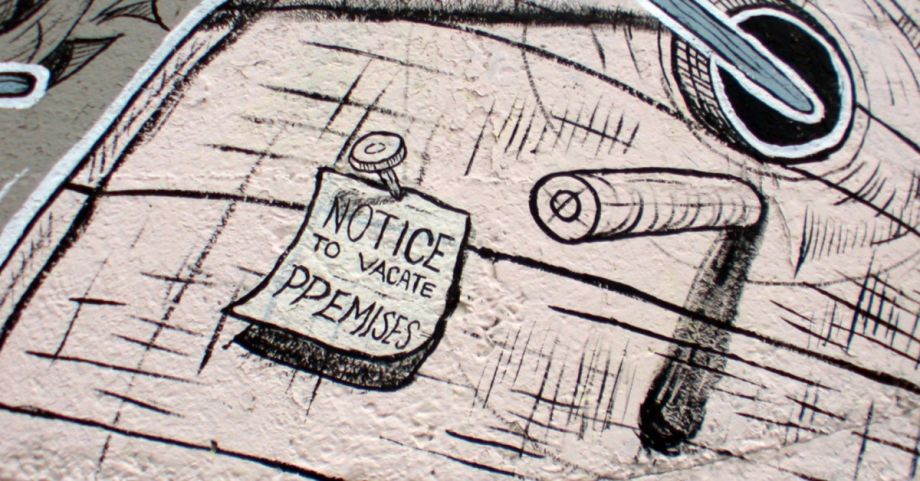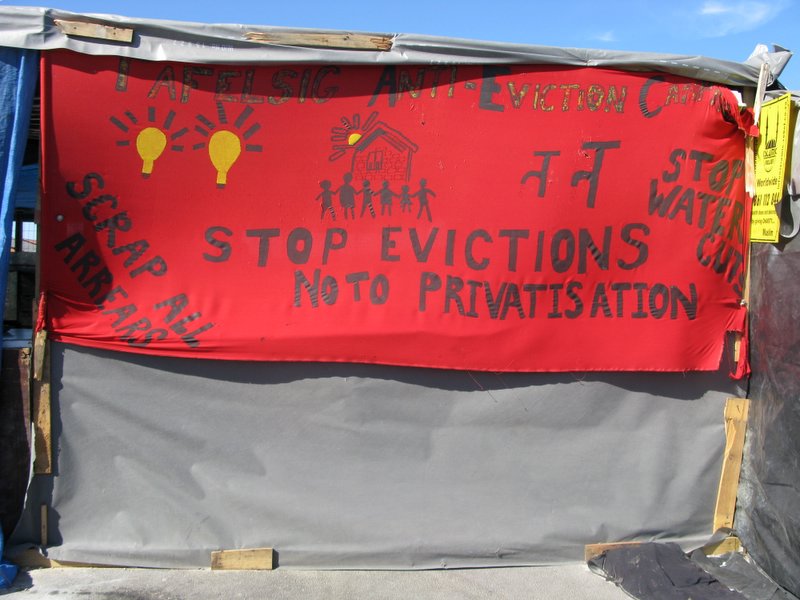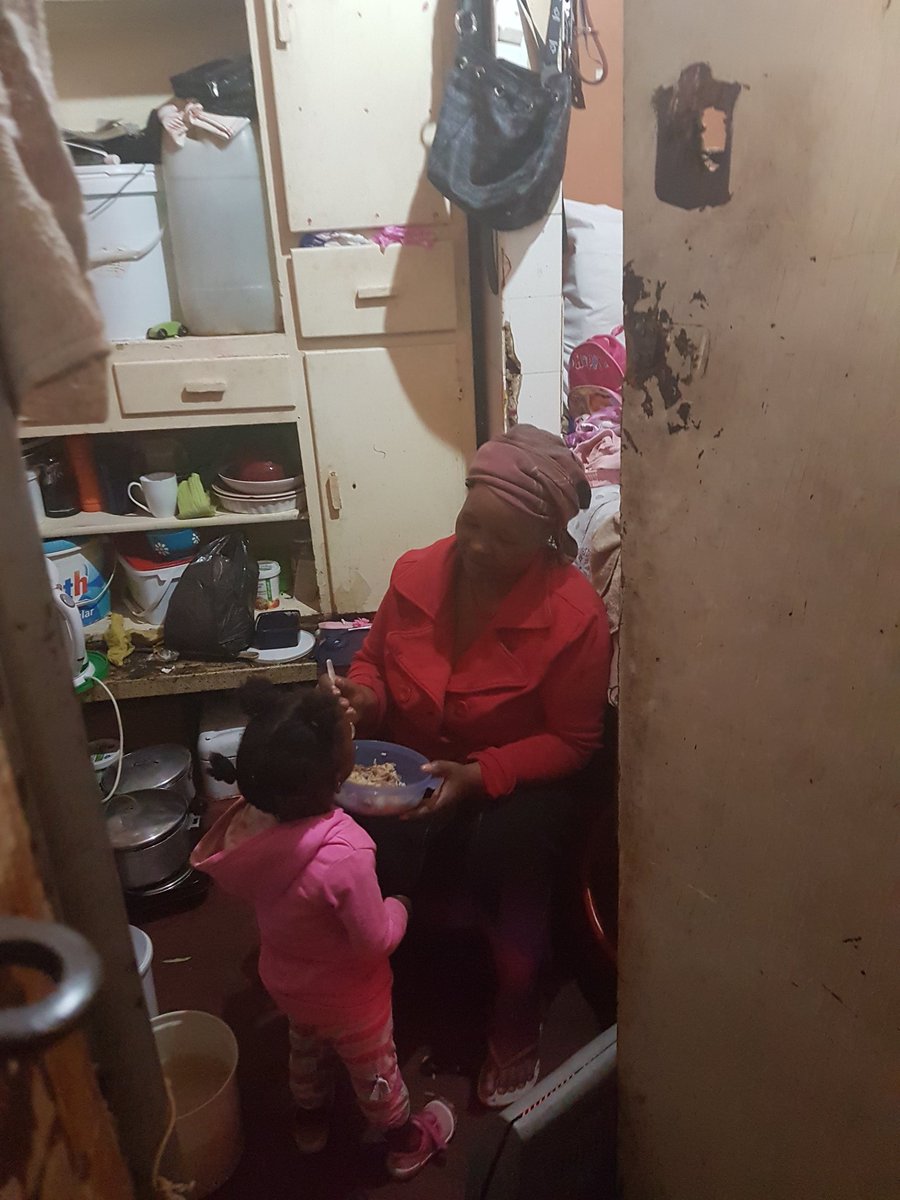
On August 29, the Pretoria High Court declared that “the recent series of evictions undertaken by the City of Johannesburg (COJ) and the MMC for Human Settlements in Gauteng, on Farm Allandale, have been declared unlawful and unconstitutional.” Lawyers for Human Rights, the attorneys representing Farm Allendale residents, described this as “a pivotal court decision …. This ruling is not just a win for the residents of Farm Allandale but a clarion call to all entities, reminding them of the human touch essential in the dispensation of justice. This victory serves as a testament to the resilience of communities and the critical role that organizations like LHR play in ensuring that justice is meted out fairly.” A community of 836 people, identified as Rabie Ridge Community, have lived for years on land known as Farm Allendale. The City of Johannesburg has evicted them, destroying their homes as well as their belongings, numerous times. The residents sued the City … and won. Acting Judge Elmien Du Plessis said, “These people have human rights as contained in the Bill of Rights and protected in the Constitution. Just because they are already living on the margins of society does not make them invisible social outcasts or nuisances, however much their presence may frustrate the respondents – the City and the MMC.” The Judge declared the actions of the City unlawful and ruled the City had to either rebuild the shacks within 72 hours or pay each family R1500 to buy materials to rebuild their own homes. This was a landmark victory, a beacon in the very dark and too long night. Had I written in response on Wednesday, this would be a celebration. But then the fires broke out the next day, in the central business district of Johannesburg, the fires this time, the fires next time, and the whole world suddenly invoked the “tragedy waiting to happen”. And so today, the question is not “What is there to celebrate”, although that is a good question, but rather “What is there to say? What is the point of saying anything, when everything has already been said, and so many times before?”
In June 2017, we wrote, “Last Thursday, the Constitutional Court of South Africa ruled that judges cannot authorize an eviction order that will leave people homeless. Over the past 25 years, South Africa’s highest courts have ruled consistently that the rights of residents, including occupiers, matter. Even with those protections in place, this decision is viewed as groundbreaking and welcome. The case involves 184 people – 47 women, 114 men, 23 children – who have occupied an apartment building in the Berea neighborhood of Johannesburg’s inner city. Hlengiwe Mhlambo is one of the 184. She is forty years old, a mother of two, and an informal trader. For the past 14 years, Hlengiwe Mhlambo has lived in her apartment, eking out a meager living, raising her children, hoping to find, or better create, the once promised green pasture.” This was a “momentous decision for millions of poor people across South Africa who live with insecure tenure and inadequate housing”. Remember? That was “only” six years ago.
In October 2022, just last year, the Johannesburg High Court rejected the `natural’ inevitability of eviction. As we wrote then, “In the case of Rycloff-Beleggings (Pty) Ltd v Ntombekhaya Bonkolo and Others, the Johannesburg High Court ruled that a group of working people’s access to work and right to dignity had to be considered when adjudicating an eviction notice. The case involves waste reclaimers who have been living on an `undeveloped’ stretch of farmland that lies between a residential complex and a business park in the Midrand section of Johannesburg. In 2018, the owners of the land, Rycloff-Beleggings, decided they wanted to `develop’ the land, and so issued eviction notices. The city offered a site with no possibility of developing waste reclamation economies, and so, in May 2019, the residents sued, demanding to either stay put or be placed somewhere where they could continue to work. On October 4, Judge Greg Wright agreed and gave the city until March 2023 to find appropriate site for the community. Anything else `would leave them at risk of not being able to maintain their dignity and care for their children. It would be unfair and therefore unconstitutional to uphold the other parties’ rights while the reclaimers go hungry. Furthermore, the rights of children are paramount in cases involving children such as the present one.’ If people are on the land, it is not `undeveloped’. If people live in a neighborhood, it too is not undeveloped.” Remember? It was less than a year ago … and yet here we are.
The people living on Farm Allendale first moved in in 2017, but most moved in last year and this, having lost their jobs during the Covid pandemic. Many families had previously rented but could no longer pay the bills. Others had squatted elsewhere but could no longer afford to stay in those areas. And so they moved, adults and many children, to Farm Allendale. The City declared that too many people were moving in and so they started evicting everyone, although the City claimed they only destroyed `abandoned’ shacks. The residents had photos and videos showing that not to be the case. While the incidents that sparked the court case occurred mid July of this year, the City has performed mass evictions every three weeks for the past three years. For three years, the City of Johannesburg engaged in illegal evictions, and you want to know how the fires this week started and spread, how so many people could end up living in a five-story building? Everybody knew already.
If people are on land, the land is not `undeveloped’. If people live in a neighborhood, it is not `undeveloped’. And if people live in a building, whether it is called derelict or hijacked or blighted or whatever, it is not vacant nor is it `undeveloped’. It’s home. Living on the margins of society does not make people invisible social outcasts or nuisances, however much their presence may frustrate others or `development’ programs. At the same time, writing insightfully always already after the event, after the tragedy waiting to happen, is not insight. It’s alibi. No next time. Now. Mutual respect is already encoded in law as well as ethical behavior. Now make it so.
(By Dan Moshenberg)
(Image Credit: Philiswa Lila – Entsizwa II / Art Times)


